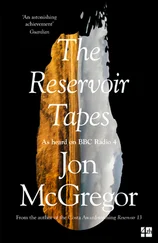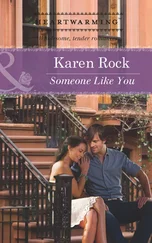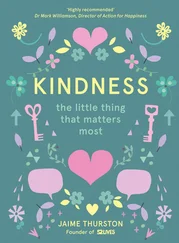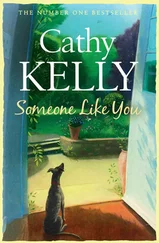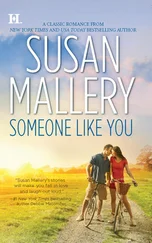Buried out there at the edge of the field. Butyouwerethere
The sound of plough metal on soil, the roar
of stones & earth.
As he/itTumbles further down or is hauled to the surface.
break the flat surface
back
That field. In that field. Down by that field.
The floods have come, again,
the road like a causeway
across the sea.
back
T h e w a t e r s t r e t c h e d a s f a r a s t h e h o r i z o n
t h e
h o r i z o n
l o s t
i n t h e
t h i c k
f o g.
back
Telegraph poles dotted
across the water
like the masts
of sunken boats.
The cars marooned. High & dry.
Piercing red lights suspended in a long line through the fog.
back
The mists of yesterday have disappeared,
the sky reflected clearly in the flooded fields
the sky reflected clearly in the flooded fields.
back
The day is broken open & clear:
the great ship of Ely Cathedral
just visible
across the water.
And we were there.
back
‘In Winter The Sky’ was first published, in a different form and under the title of ‘What The Sky Sees’, in Granta 78, 2002.
‘If It Keeps On Raining’ was first published in the BBC National Short Story Award 2010 anthology, by Comma Press. It was also broadcast on Radio 4 in November 2010.
The title of ‘Fleeing Complexity’ is taken from an interview with Richard Ford conducted by Tim Adams, published in Granta 99, 2007.
‘Which Reminded Her, Later’ was first published in Granta 99, 2007.
‘Close’ was commissioned by the Cheltenham Literary Festival, and first broadcast on Radio 4 in October 2007. It was first published in The Sea of Azov , a World Jewish Relief anthology published by Five Leaves, 2009.
‘We Wave And Call’ was first published by the Guardian Weekend magazine in 2011.
‘Supplementary Notes To The Testimony’ was inspired by stories I was told whilst on a trip to the Nuba Mountains of Sudan, and uses the very broadly transposed outlines of those stories as its unseen background. Many thanks to Carbino, Anil Osman and Mahamud Ismail for speaking so openly with me; and thanks to Médecins Sans Frontières and the Sunday Times for organising and supporting the trip. I also drew on an interview with Mark Argent, a demining engineer working with Danish Churches Aid in the Nuba Mountains (any errors in the section about landmines being my own, of course), and on a 2001 Observer article by Burhan Wazir.
‘Wires’ was first published in the BBC National Short Story Award 2010 anthology, by Comma Press. It was also broadcast on Radio 4 in September 2011.
Thanks, variously, for support, insight, reading and inspiration, to the following: Kathy Belden, Tracy Bohan, Katie Bond, Cassie Browne, Sarah-Jane Forder, Helen Garnons-Williams, Peter Gustavsson, Pippa Hennesey, Chloe Hooper, Erica Jarnes, Maggie and David Jones, Anne Joseph, Kirstie Joynson, Tam Laniado, Elena Lappin, Éireann Lorsung, Carrie Majer, Colum McCann, Maile Meloy, Nottingham Writers’ Studio, Richard Pilgrim, Mark Robson, the Society of Authors, Craig Taylor, Matthew Welton, Oliver Wood, Writing East Midlands, John Young.
And thanks, for everything, to Alice, Eleanor and Lewis.
Jon McGregor is the author of the critically acclaimed If Nobody Speaks of Remarkable Things, So Many Ways to Begin and Even the Dogs . He is the winner of the Betty Trask Prize and the Somerset Maugham Award, and has been twice longlisted for the Man Booker Prize. He was runner-up for the BBC National Short Story Award in both 2010 and 2011, with ‘If It Keeps on Raining’ and ‘Wires’ respectively. He was born in Bermuda in 1976. He grew up in Norfolk and now lives in Nottingham.
If Nobody Speaks of Remarkable Things
So Many Ways to Begin
Even the Dogs
Конец ознакомительного отрывка
Купить книгу
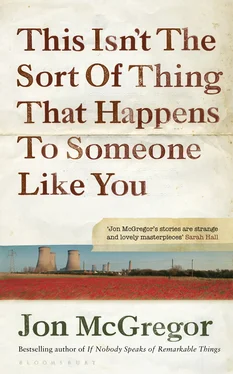
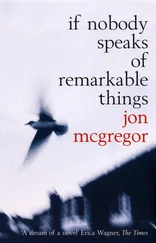


![Нил Уолш - Единственное, Что Имеет Значение [The Only Thing That Matters]](/books/393630/nil-uolsh-edinstvennoe-chto-imeet-znachenie-the-onl-thumb.webp)
